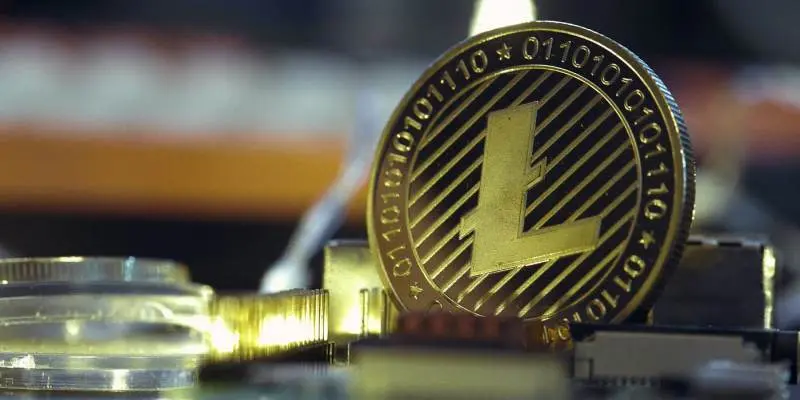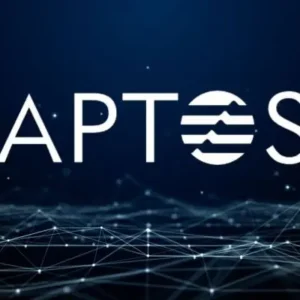
Litecoin (LTC) has gained recognition as a practical and efficient payment solution in the world of cryptocurrencies.
With its fast transaction confirmation times, low fees, and increasing adoption, Litecoin has become a viable option for merchants and individuals looking for a reliable digital currency for everyday transactions.
In this article, we will explore the adoption of Litecoin as a payment solution, its various use cases, and its integration into existing payment systems.
Merchant Adoption
Litecoin has witnessed increasing merchant adoption, with businesses around the world accepting LTC as a form of payment. This adoption has been facilitated by various factors:
- Faster Transaction Confirmations: Litecoin’s average block time of 2.5 minutes allows for faster confirmation of transactions compared to Bitcoin’s 10-minute block time. This makes Litecoin more suitable for point-of-sale transactions, where speed is crucial.
- Lower Transaction Fees: Litecoin’s transaction fees are typically lower compared to traditional payment systems and other cryptocurrencies. This makes it an attractive choice for merchants, especially for microtransactions or cross-border transactions.
- Ease of Integration: Litecoin’s compatibility with existing payment infrastructure and wallets simplifies the integration process for merchants. Many payment service providers and e-commerce platforms now offer Litecoin payment options, making it easier for businesses to accept LTC.
Use Cases for Litecoin Payments
- Retail and E-commerce: Litecoin is increasingly being used as a payment option by online retailers, physical stores, and e-commerce platforms. Customers can complete their purchases quickly and securely using LTC, benefiting from the fast transaction confirmation times and lower fees.
- Remittances and Cross-Border Payments: Litecoin’s borderless nature and low fees make it an appealing option for remittances and cross-border transactions. Individuals can send funds internationally with reduced costs and quicker settlement times compared to traditional remittance services.
- Charitable Donations: Litecoin has been used for charitable purposes, with organizations accepting LTC donations. The transparent nature of blockchain technology allows for increased accountability and transparency in the donation process.
- Micropayments: Litecoin’s low transaction fees make it suitable for micropayments, enabling users to make small-value transactions for services like content subscriptions, pay-per-view access, or in-app purchases.
Integration and Payment Gateways
To facilitate Litecoin payments, various payment gateways and service providers have integrated Litecoin into their systems. These integrations allow businesses to seamlessly accept LTC payments and convert them into local fiat currencies if desired.
Some popular payment gateways and platforms supporting Litecoin include CoinGate, Aliant Payment, BitPay, and Coinomi.
Moreover, the Lightning Network, a layer-two scaling solution, is compatible with Litecoin and allows for faster and cheaper transactions. Integration with the Lightning Network further enhances Litecoin’s capabilities as a payment solution, enabling instant and scalable microtransactions.
Advantages and Considerations
Using Litecoin as a payment solution offers several advantages:
- Speed and Efficiency: Litecoin’s fast block time allows for quick transaction confirmations, making it suitable for time-sensitive transactions, both online and in physical stores.
- Lower Transaction Costs: The lower fees associated with Litecoin transactions can result in cost savings for businesses, particularly for high-volume or international transactions.
- Security and Transparency: The blockchain technology underlying Litecoin provides a secure and transparent transaction record, reducing the risk of fraud or chargebacks.
When considering Litecoin as a payment solution, businesses and individuals should also consider the following:
- Volatility: Cryptocurrencies, including Litecoin, can be subject to price volatility. Merchants may choose to convert received LTC payments into fiat currency immediately to mitigate this risk.
- Customer Adoption: While Litecoin adoption is growing, it is still important to consider the level of customer awareness and adoption of cryptocurrencies in the target market.
- Infrastructure and Support: Businesses need to ensure that the necessary infrastructure, such as wallets, payment gateways, and accounting systems, is in place to support Litecoin payments.
Conclusion
Litecoin’s adoption as a payment solution continues to grow, driven by its fast transaction confirmations, low fees, and increasing merchant acceptance. It has found use cases in retail, e-commerce, cross-border payments, micropayments, and charitable donations.
Integration with payment gateways and platforms simplifies the process of accepting Litecoin payments. While considering Litecoin as a payment solution, businesses should assess factors such as volatility, customer adoption, and the required infrastructure.
As the adoption of cryptocurrencies expands, Litecoin’s role as a reliable and efficient payment solution is likely to further solidify its position in the global payment ecosystem.

